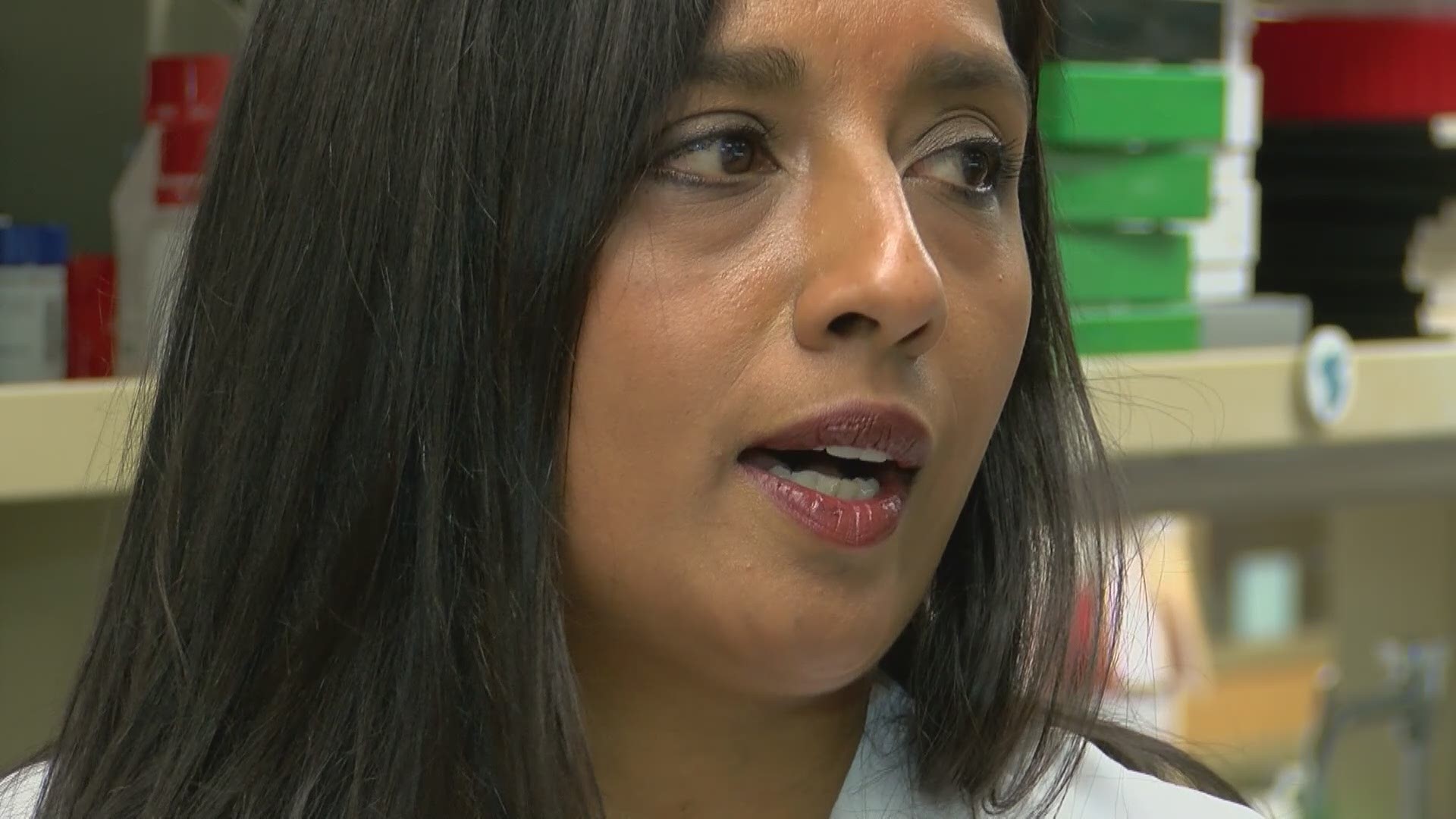MEMPHIS, TN (WMC) - It’s a medical breakthrough at St. Jude Children’s Research Hospital.
Researchers who seek to cure childhood diseases found something that could potentially treat ALS patients.
Put simply, St. Jude scientists have discovered enzymes that could be triggered to treat muscle and brain disorders like ALS, dementia and more.
It’s a discovery Dr. Mondira Kundu says her team wasn’t even looking for.
“When we initially found the interactions, we were pretty excited,” Dr. Kundu said.
Enzymes that could play a counteractive role in degenerative neurological diseases like ALS, IBM and frontotemporal dementia.
While conducting various tests for study, Dr. Kundu's team discovered that two enzymes, ULK1 and ULK2, can break down cell structures that kill muscle and brain cells.
“The next thing is to see whether, in these types of models does stimulating ULK1 and ULK2 activity, increase the life span or start to treat the pathology,” Dr. Kundu said.
This discovery itself doesn’t mean a cure for ALS or other neurological diseases is imminent, but Dr. Kundu said it’s another step along the way.
Dr. Kundu credits St. Jude’s donors and the fundraising team at ALSAC for making the breakthrough possible.
“And it’s important to remember that people at St. Jude study not just cancer but other catastrophic pediatric illnesses,” Dr. Kundu said.
The next step is more lab testing to see if boosting these enzymes with drugs can make a difference in treating muscle and brain disorders.
Dr. Kundu is hoping for even more incredible discoveries in years to come.
“What will be more exciting is if we can translate this to patients because that's ultimately the goal of our research,” Dr. Kundu said.
Dr. Kundu says there have been tremendous progress in understanding and possibly treating neurological diseases in the past 5 to 10 years.
She is hopeful this discovery will someday lead to treatment for these serious diseases.

